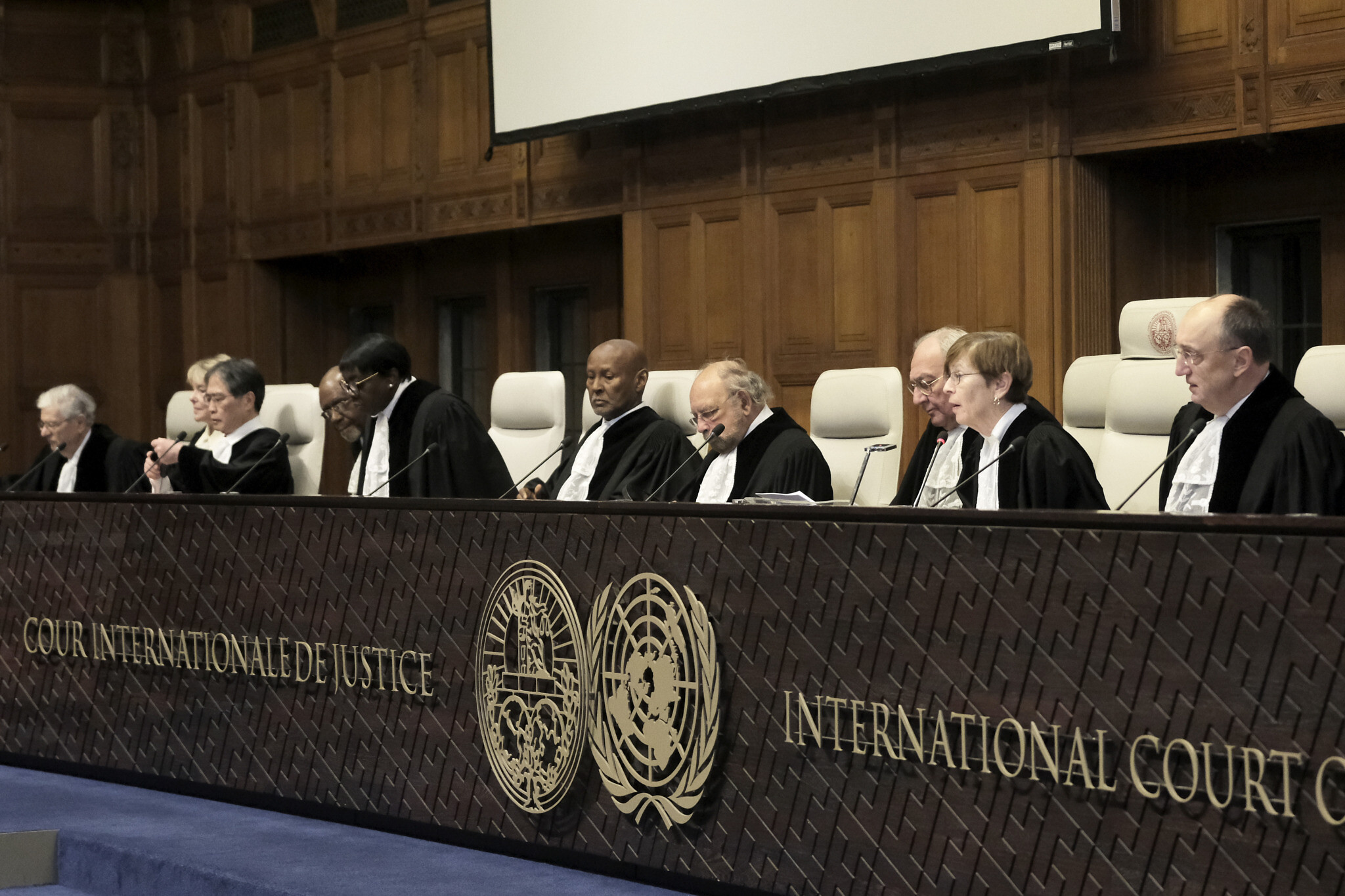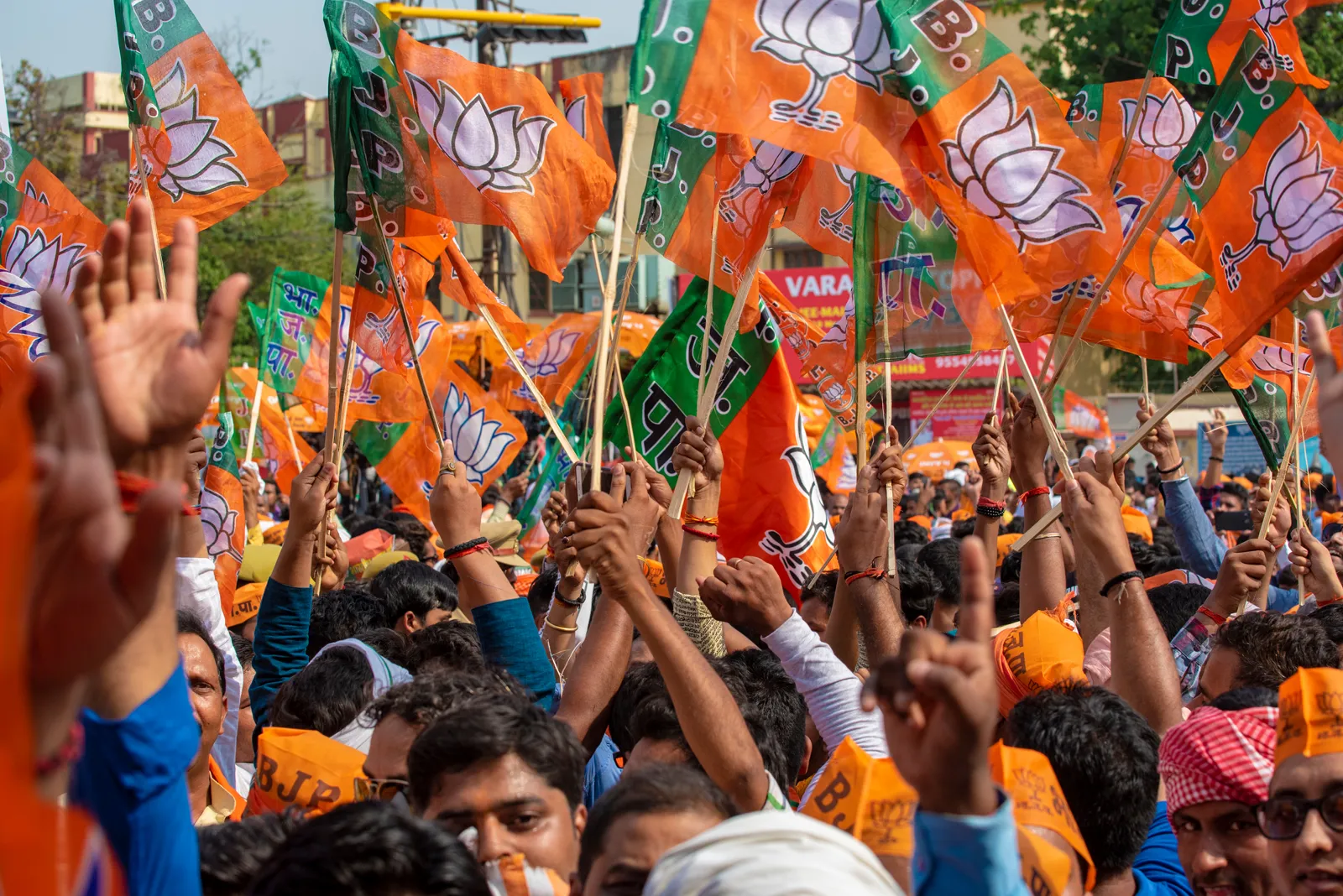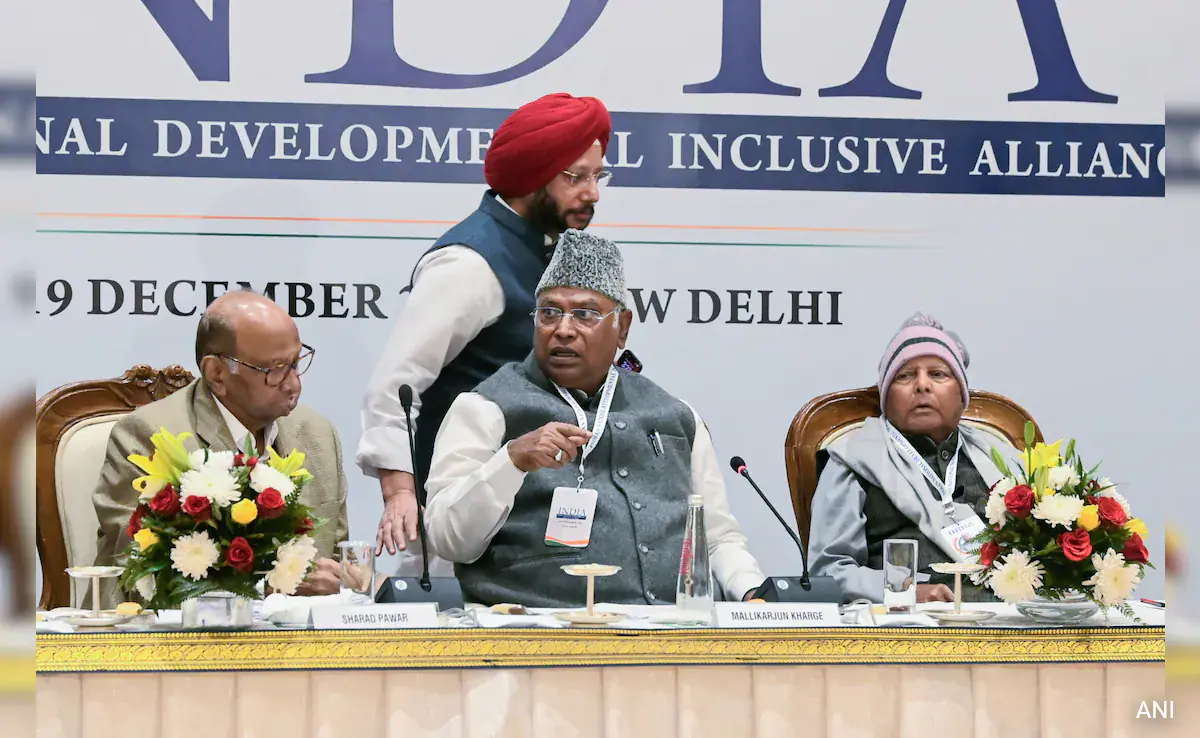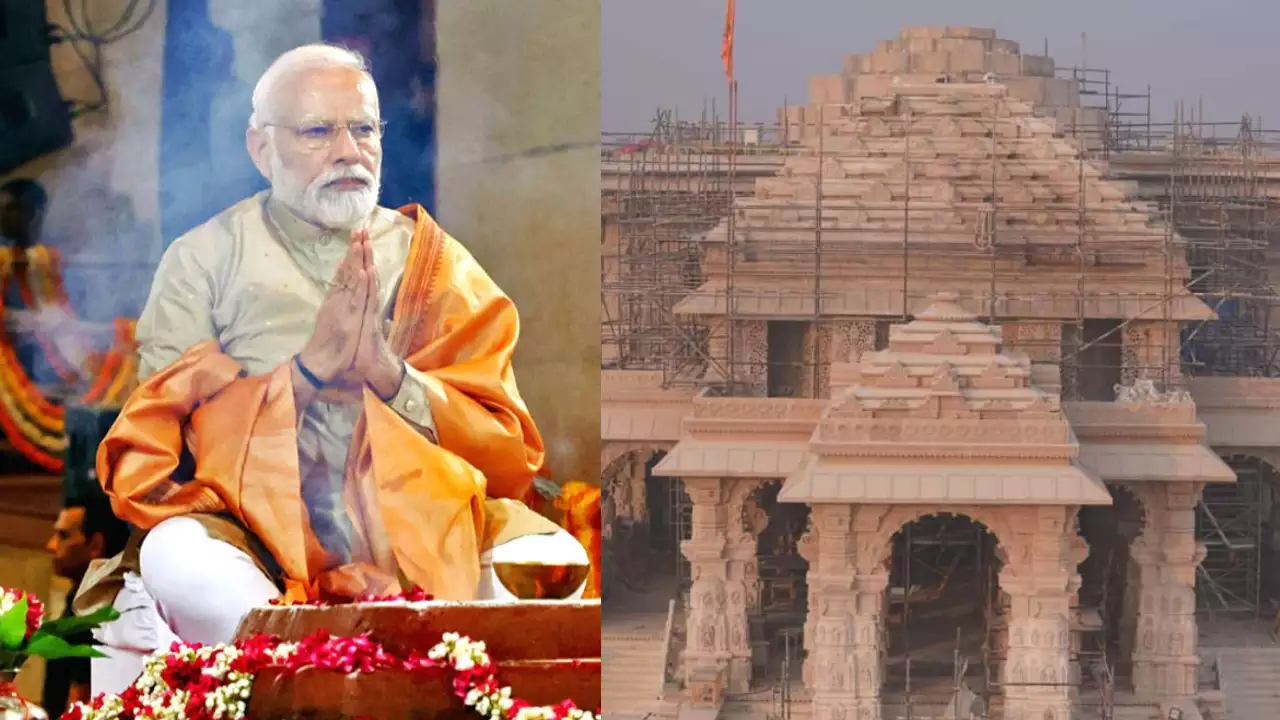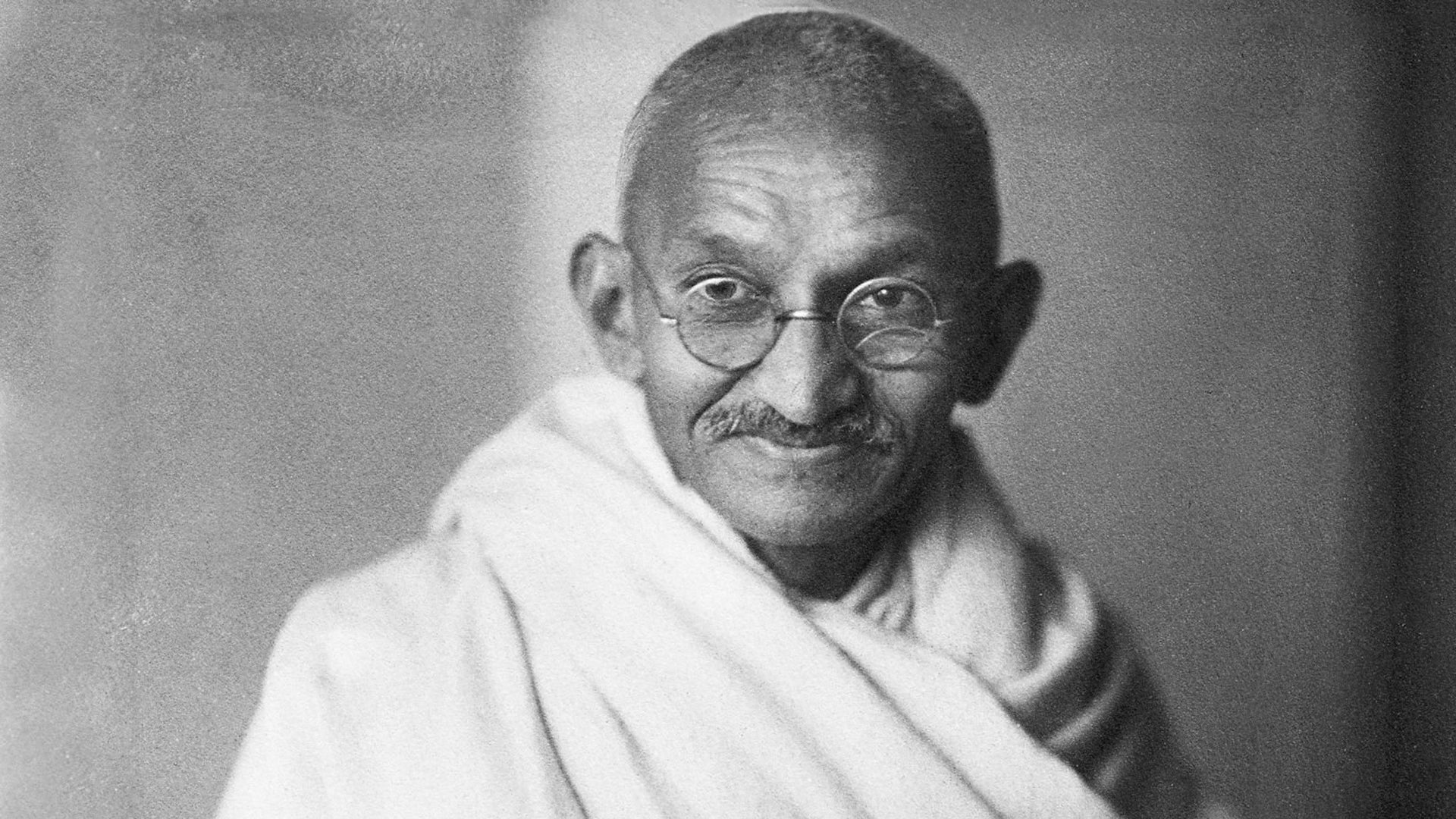The details of the International Court of Justice’s (ICJ) jurisdiction, the enforceability of its rulings, and the possible repercussions for Israel’s noncompliance are key to the court’s investigation into the genocide between South Africa and Israel. As acknowledged by international law as a jus cogens standard, genocide is a universal principle that protects the core ideals of human civilization. Therefore, whenever genocide happens anywhere on Earth, it is the duty of all states working together to take action and put an end to these crimes by any means necessary.
States have the right to petition the ICJ to defend the fundamental values of humanity under the erga omnes principle, which denotes everyone’s responsibility. Through this legal channel, countries such as South Africa can file lawsuits against organisations such as Israel, claiming that the latter has violated international standards, especially when it comes to genocide.
In the current scenario, South Africa has invoked the UN’s 1948 Genocide Convention to bring a lawsuit against Israel before the ICJ. The main thrust of South Africa’s case is that Israel has violated the terms of Article 2 of the Genocide Convention by continuing to attack Gaza. The definition of genocide given in this article is “acts committed with intent to destroy, wholly or partly, a national, ethnic, racial, or religious group.” The International Court of Justice (ICJ) will ultimately have to decide whether or not genocide has occurred, as well as whether or not it has jurisdiction over the case and if the alleged acts are covered by the 1948 Convention.
The ICJ deliberated on the granting of “provisional measures” at a recent two-day session, which is similar to requesting urgent interim relief in national courts. The complaint from South Africa against Israel for failing to comply with the Genocide Convention’s requirements for the Palestinians in Gaza is the subject of this hearing. It is important to remember that the ICJ is not a criminal court and does not try cases against specific parties. Rather, as the primary court of the United Nations, it settles legal disputes between states in conformity with international law.
Only states that agree to the International Court of Justice’s jurisdiction may bring issues before it for adjudication; the ICJ’s authority is not unqualified in situations of violations of international law. Adopted by the UN General Assembly on December 9, 1948, the Genocide Convention is the first international human rights pact of its kind. It went into effect on January 12, 1951. This agreement carefully defines genocide as involving five acts, from the murder of members of a community to the forced relocation of children, with the goal of completely or partially eradicating a national, ethnic, racial, or religious group.
The ongoing conflict between Israel and Palestine is made more complex by its historical background. In the past, the ICJ has offered a legal opinion about Israel’s wall building in the West Bank. The accords Israel signed in 1949 with Jordan and Egypt, which divided Palestine into the state of Israel (including West Jerusalem), the West Bank (containing East Jerusalem), and the Gaza Strip—the epicentre of the current hostilities—are the root cause of the conflict.
The International Court of Justice (ICJ) has to use a human needs approach to dispute settlement by stressing interim measures. In line with the fundamental principles of humanity, this strategy prioritises identification, security, acknowledgment, fairness, and dignity. The Palestinian human rights violations in the ongoing Israel-Hamas war highlight how important it is to put their needs first. In the future, Article 94 of the UN Charter would be South Africa’s only option if Israel declined to abide by the ICJ’s ruling. When a party neglects to carry out its obligations in accordance with the Court’s finding, this article gives the Security Council the authority to recommend actions or make decisions regarding how to implement a judgement.
The International Court of Justice (ICJ) is navigating the difficult South Africa-Israel genocide case, which highlights the vital role that international institutions play in maintaining justice, guaranteeing accountability, and defending the key values that unite the world community. In addition to influencing the course of the Israel-Palestine conflict, the verdict in this case will establish guidelines for handling genocide cases in the future on the international scene.
